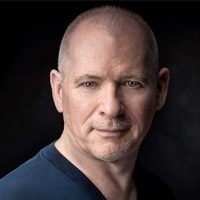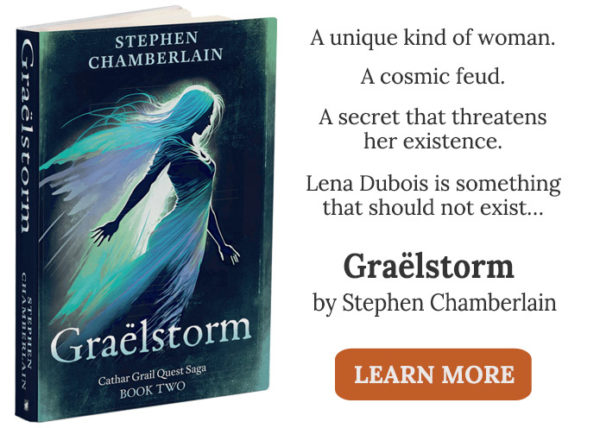“Morality, like art, means drawing a line someplace.” – Oscar Wilde
I had insomnia last night, which is why I was watching TV at three o’clock in the morning. It was a gripping drama, brilliantly presented: a lurid cocktail of murder, intrigue, and political cover-ups—of naked self-interest and personal ambition. No, it wasn’t the world of Lannisters and Starks but a 24/7 news channel.
Dynamics of Power
Things always seem worse in the dead of night, but I couldn’t help thinking the world had regressed. Don’t get me wrong. Wanting the best for your country is no bad thing, and nations will always pursue self-interest. As it was in the beginning, it is now and ever shall be. The problem arises when unscrupulous power-seekers enter the stage—leaders prepared to go to any lengths to push their agendas. As the saying goes, “power corrupts, and absolute power corrupts absolutely.”
People change for the worse when given power—achievement begets entitlement and then a belief in destiny. It’s what the German philosopher, Friedrich Nietzsche, called “the will to power,” a biological drive for mastery and domination over others. The more power some get, the more they want—and they get nasty when it’s threatened.
Lord of the Rings tells us what power can do to people. Frodo’s humility and strength of character get the Ring to Mount Doom, but it corrupts even him in the end.
Moral Compass
It takes a special integrity to handle power over others—what some call a moral compass. Warren Buffett is famous for saying, “In looking for people to hire, you look for three qualities: integrity, intelligence, and energy. And if you don’t have the first, the other two will kill you.”
Truth is, a moral compass isn’t handed to a leader when they rise to the top. It’s the set of core values they’ve accumulated over a lifetime’s experience—values that got them to where they are. And while ethics may be retrained given long enough, once entrenched, they become part of our nature and hard to reverse. Not that a leopard can never change spots overnight, but it takes a life-changing experience—something that forces us to challenge what matters to us.
I rewatched the Black Panther movie recently, and something about it struck me. Not its subversion of Black stereotypes, but the idea of Wakanda setting an example to others.
For those who haven’t seen the film, Wakanda is an imaginary African kingdom ruled by the superhero, Black Panther. It masquerades as a backward country, but a secret lies behind its impenetrable forests and mountains: an advanced civilization with a futuristic technology based on an extraterrestrial metal called vibranium. At the start the film, Wakanda is a society obsessed with self-protection. By keeping its knowledge and resources secret from the world, its motto could well be “Wakanda First.”
Black Panther’s plot is predictable. The hero defends his throne against a would-be usurper in a battle of good against evil. What makes the movie relevant is Black Panther’s personal transformation—the change in his moral compass brought about through his life-and-death struggle. Revealing Wakanda’s true nature to the United Nations at the end of the movie, he pledges to use its technology for the benefit of humanity:
“Wakanda will no longer watch from the shadows. We cannot, we must not. We will work to be an example of how we, as brothers and sisters on this earth, should treat each other. Now, more than ever, the illusions of division threaten our very existence…but in times of crisis the wise build bridges, while the foolish build barriers. We must find a way to look after one another, as if we were one, single tribe.”
Drawing a Line
Black Panther’s speech is a noble vision, but universal brotherhood remains an improbable dream. It’s that old chestnut again: the national versus collective interest. No superpower willingly allows itself to be led by another. As President Woodrow Wilson once said, “There can only be peace among equals.”
These days, modern fantasy is no longer all about battles between utter good and utter evil. Its stories are full of moral ambiguity. Different societies have different values. Right and wrong are not always black and white, and depend on where you stand. So it is with politics in the real world.
We all understand the need for pragmatism, but realpolitik is about making compromises; it’s not an excuse-all. If fantasy’s role is to reflect something back at the world, its message is this: Heroes inspire us to be better versions of ourselves. However murky the waters, however conflicted we feel, there comes a time when decency and justice need a champion. That’s where having a moral compass comes in.

Stephen Chamberlain is the author of the fantasy novel Graëlfire. He draws inspiration from the impact of landscape on myth, and the association of liminality with the supernatural and magic. Stephen lives in Switzerland.



